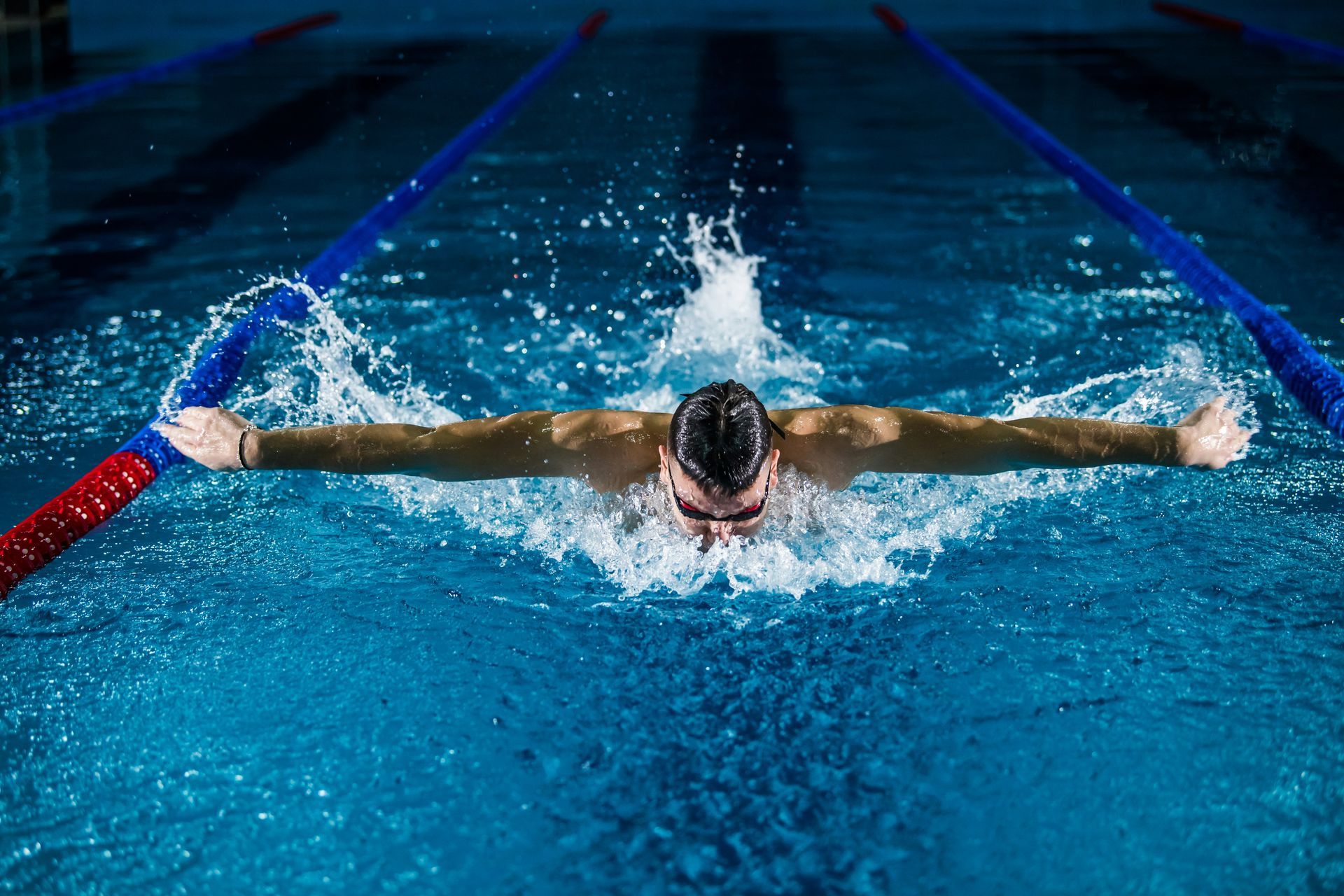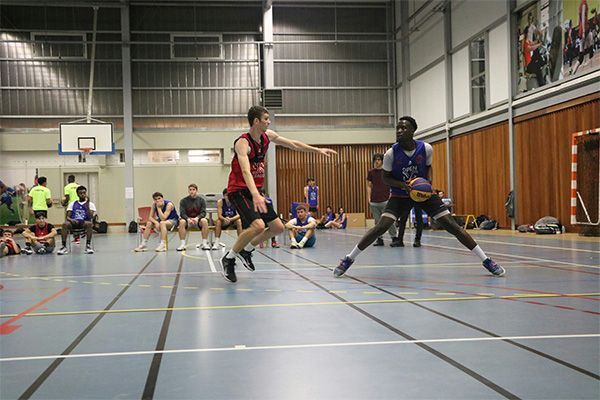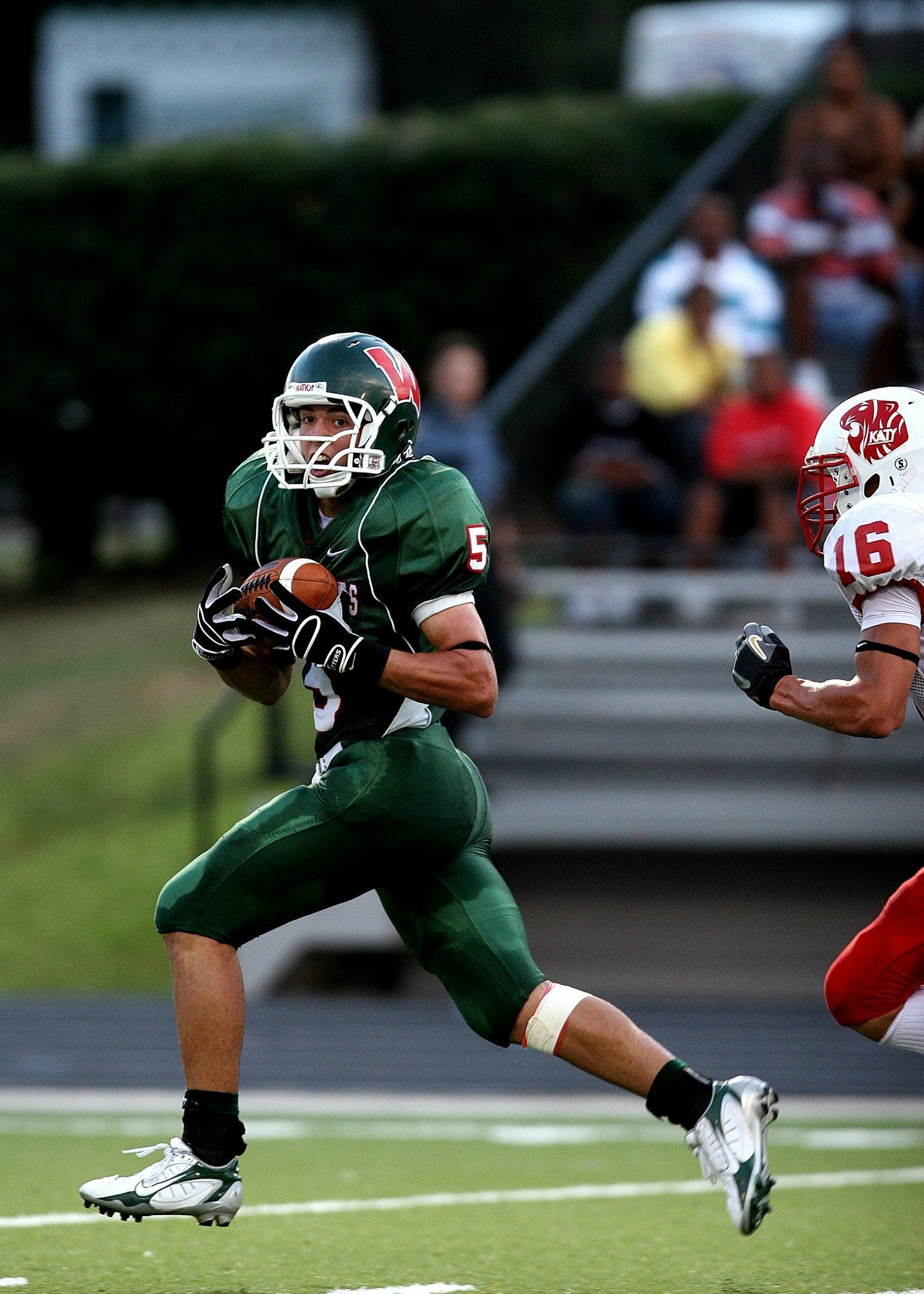By Becky Meline, LIMHP LISW IADC
What does Perfectionism look like with Athletes
Trying to be perfect in everything you do doesn’t seem like it would be an issue; who wouldn’t want to work with someone with a disciplined work ethic and persistence until they get it right? Obviously there are far worse things in life than trying to be perfect at everything you do; but for those feeling trapped in this mindset it doesn’t feel that way. Perfectionism is a trait commonly associated with anxiety and the two are closely linked. If someone feels that they can’t do something flawless, it causes painful feelings and stress for them. These feelings lead them to want to shut down, avoid certain games or practices, and can create strong, negative beliefs about themselves and their ability to perform. I see perfectionistic traits in almost every athlete I work with and it’s a double-edged sword. They are often high achievers in many aspects of life, hard-working, and motivated; but on the flip side, they are all or nothing thinkers and anything less than perfection feels like failure. Nothing ever feels good enough, and they become their own worst enemy in competition.
Why does it happen?
Personality traits
Some people just have perfectionistic traits or a perfectionistic personality; their parents will say that they’ve always been that way. Check out this resource in understanding more about the perfectionistic personality and if it applies to you or your athlete.
Skill Levels Catch Up
Athletes develop at different stages but when sports come easy or natural at a young age to kids they can develop a strong sense of self-confidence and identity around their athletic talent. However; it is not uncommon to see perfectionism and anxiety surface once other teammates or competition start to match or surpass their skill level. They can start to doubt themselves and become more critical of their skills, often comparing themselves to those around them.
Outside pressure
Although perfectionists are highly self-critical they often feel that those around them also have the same high expectations of them; and sometimes they are right. Strong outside pressure to perform well can come from coaches, teammates and parents of the athlete. Perfectionism comes with a fear of failure; and they tend to be more sensitive to letting down these people in their life. Some athletes feel that if they are unable to live up to the expectations, then why try? The easier choice is to avoid the sport rather than disappoint important people in their life.
Ways to help
Manage expectations
High expectations are often the major culprit in undermining a perfectionist’s success. When I first meet with an athlete and we look at their expectations, they are often always based on reaching a certain outcome or statistic, and by most standards, they are unattainable by the best athletes in the world. Perfectionists place unrealistic expectations on their performance and allow little to no flexibility for mistakes which causes them to feel pressure . Changing the focus to a technique or skill as opposed to an outcome can be very helpful. It allows them to focus their energy on a process that they can control. For example, rather than having the expectation of scoring 20 points a game, have them focus on keeping their elbow in or following through on their shot. By changing their focus to a skill they can control, it will decrease the pressure they feel and increase their chances of meeting their outcome.
Replace your thoughts
Certain situations, events, and people can trigger anxiety, and they create automatic, negative thoughts and doubts. Often times we are not aware of the thoughts, but we are aware of the tense, anxious feelings that follow them. For example, one athlete I worked with avoided playing a certain team because he felt that their talent was so much greater than his. He based this belief on a previous game when they were beat by 30 points. He would get sick to his stomach and ask not to compete once he knew they were playing this team every time. He determined that his negative thought was, “I can’t compete with this team unless I play perfect.” We challenged that belief and modified it into a more helpful thought of “I have prepared for this game, and no athlete can play perfectly.” Every athlete deals with self-talk and it can either build you up or tear you down; keep it positive!
Decrease Outside Pressure
Perfectionists are more aware of their mistakes than anyone; and when someone else points them out, it validates their feeling of failure. I am not saying that they shouldn’t get feedback and coaching, but knowing how and who should provide it is vital. As a parent, take on the role of being your athletes biggest fan. Be positive and allow the coaches to coach and provide feedback. Tell them how much you enjoyed watching them play and that you are proud of them. Researchers Bruce Brown and Rob Miller conducted a study with collegiate athletes where they asked what they most want to hear from their parents and it was these six words, “I love to watch you play.” That’s it. That’s what they most want to hear from you (Griffin, B.M, 2014). Rest assured that they are already critiquing their performance with more scrutiny than you could.
As a coach, understand the high expectations that your athlete places on themselves and help them focus their attention differently in practice and in competition. Give them controllable techniques and form to focus on rather than outcomes, and praise them when they’ve done something well.
One small step to get started today
Perfectionists have rigid thoughts and beliefs that interfere with their performance; awareness is key to making any changes with your thinking and your mental game. Start to pay attention and notice times during practice or competition when you feel anxious, tense, or like shutting down. Ask yourself, “What was I just thinking about?” This can help you begin to become aware of your thoughts and expectations that could be blocking you from performing at your best.
Resources
Griffin, B. M. (2014, February, 4). The Only Six Words Parents Need to Say to Their kids About Sports.
Becky began her journey into this profession at the University of South Dakota as a student-athlete where she received her bachelor’s degree in psychology and played volleyball for the Coyotes. She was a four year starter and held the universities career kill record for 11 years. She was Conference Player of the Year her senior year and awarded Female Athlete of the Year for USD in 2004. For the past 9 years she has practiced therapy with adults, and specialized in the treatment of adolescents and children. She moved into a dual role 4 years ago as a clinician and a Clinical Supervisor overseeing a community mental health clinic in Iowa; and has a private practice Focus Therapy in Omaha, NE. For more information on Becky and the services she provides visit the website at focustherapyomaha.com
The post Perfectionism with Athletes appeared first on Focus Therapy.











